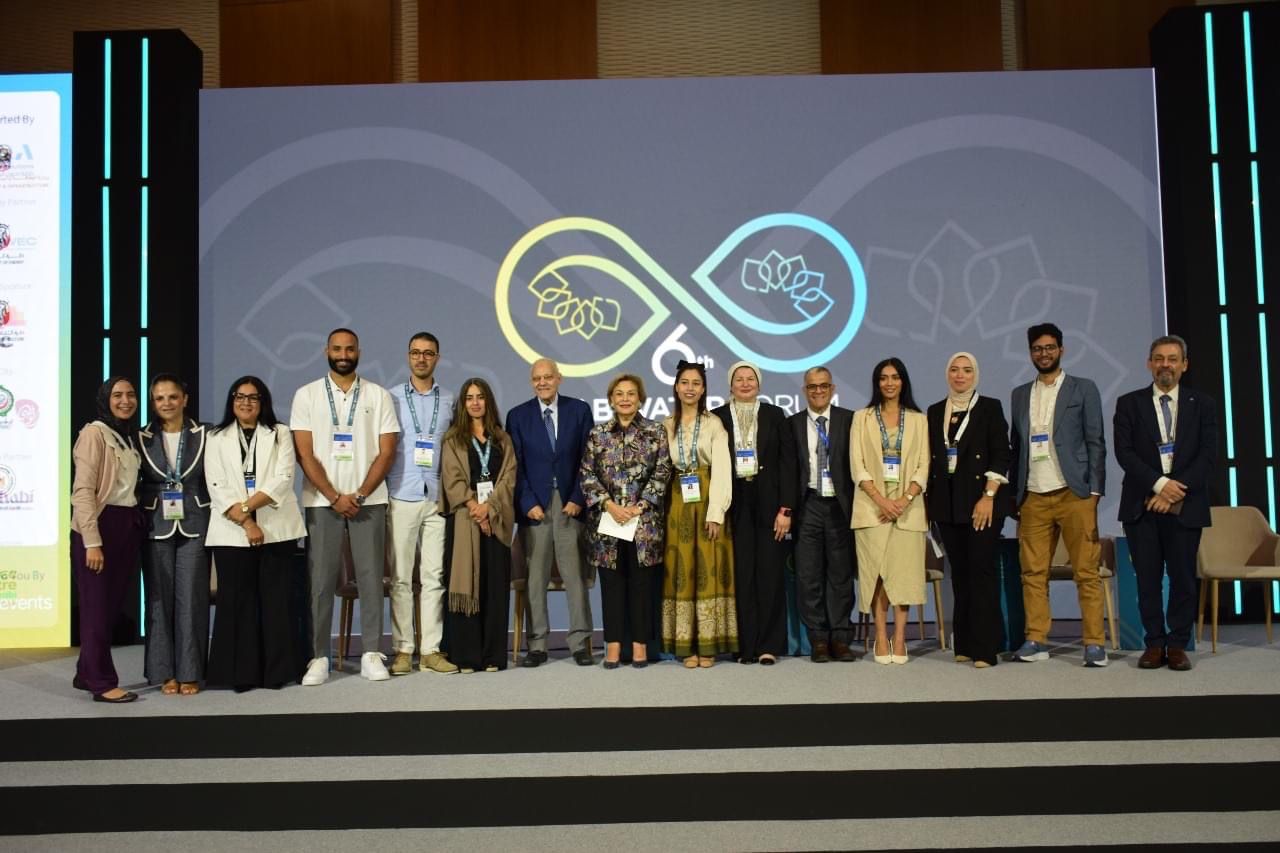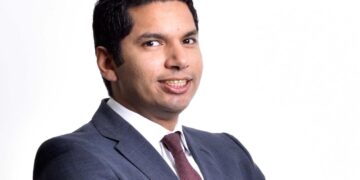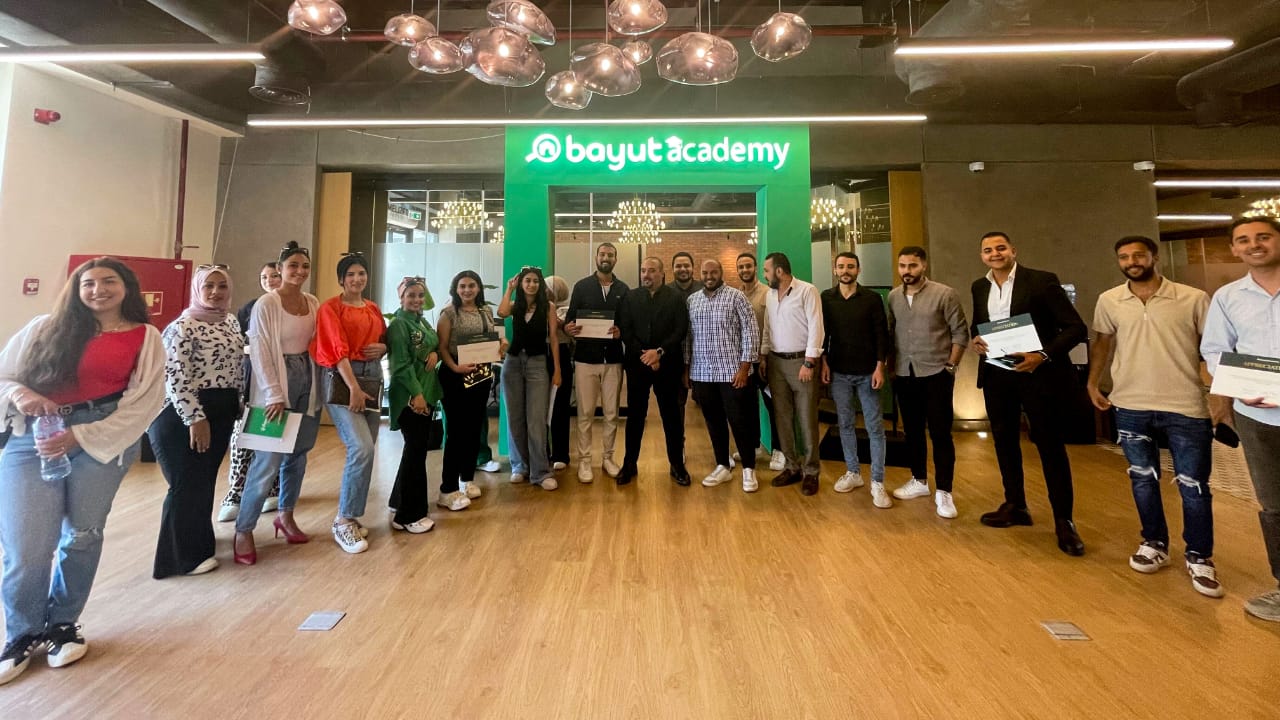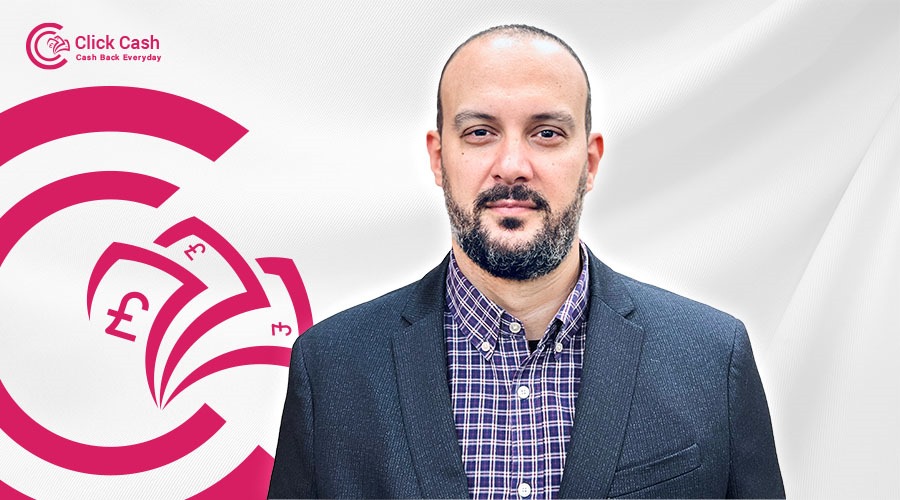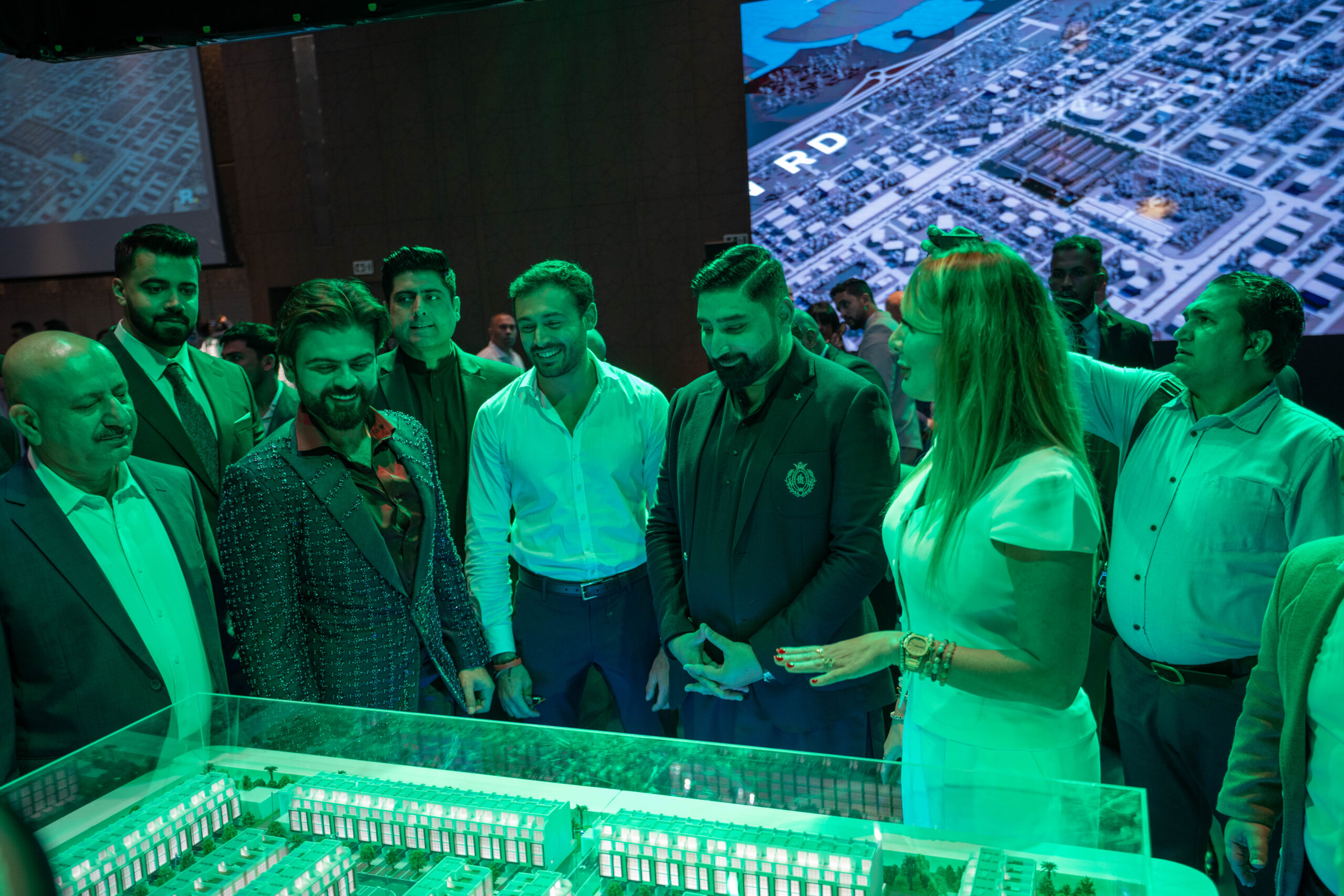Rawya Mansour: Boosting innovation in regenerative agriculture improves water efficiency
Font size
The 6th Arab Water Forum kicked off in Abu Dhabi, UAE, under the leadership of Dr. Mahmoud Abu Zeid, Head of Arab Water Academy and Resources for Arab World. Running from September 16 to 18, 2024, the forum gathered global leaders and experts in the water sector to collaborate on efforts to secure water resources, explore new opportunities for innovation and growth, tackle challenges, and develop effective solutions to address the water scarcity problem in the Arab World.
Egypt’s Minister of Water Resources and Irrigation, Dr. Hani Sewilam, has attended the forum, along with numerous Arab ministers. Organized in partnership with the Arab League and Egypt’s Ministry of Water Resources and Irrigation, the forum serves as a vital platform for fostering dialogue, strengthening cooperation, and building strategic partnerships. These efforts are focused on addressing the pressing challenges of water scarcity and climate change in the Arab region.
At the Arab Water Forum, Egypt’s private sector was represented by RAMSCO Construction & Eco-Villages and Oasis Technologies Monaco, both led by Rawya Mansour, a board member of the Arab Water Academy. In her keynote address, Mansour highlighted the need to promote efficient water and energy use and expand organic farming as crucial steps toward achieving sustainable development.
Underscoring the importance of encouraging innovators in regenerative agriculture to address water scarcity in the Arab world, Mansour emphasized the potential of her venture, RAMSCO. By incorporating innovative biochar, RAMSCO reduces gas emissions, conserves water, enhances soil quality, and significantly reduces irrigation water consumption by 30%, especially when combined with organic fertilizers. Moreover, it produces healthy food without the need for pesticides. This project fosters a circular economy by recycling all agricultural waste, making it a zero-waste endeavor.
Mansour elaborated that recycling the 35 tons of agricultural waste offers a significant investment opportunity, rather than allowing it to be burned or contribute to groundwater pollution. Through recycling, an additional one and a half million Feddans of agricultural land could be cultivated in the desert, facilitating the creation of eco-friendly desert villages to counteract the sinking of the Delta.
She emphasized that these villages could generate approximately 10 million jobs by expanding agricultural land, optimizing resource use, and advancing food security through new biological
technologies available in the Arab world. Furthermore, up to 340 zero-emission villages could be established, contributing to the achievement of the 17 Sustainable Development Goals by 2030.
Sharing her vision of creating zero-waste eco-villages to ensure food security for all, especially the most vulnerable, Mansour highlighted the three pillars of food security: availability, accessibility, and affordability. However, she also acknowledged the challenges posed by climate change, carbon footprints, and rising costs.
To tackle these obstacles, Mansour recommended prioritizing these issues on political agendas, subsidizing drip irrigation for farmers, and raising awareness of the water scarcity problem. She advocated for creating a Silicon Valley model for Arab innovators focused on water, treating water as a precious commodity. Additionally, she urged for increased finance for climate change cooperation between large organizations like UNDP, the United Nations, and UNESCO with private sector innovators, and encouraged collaboration between science and media to address climate change and water scarcity.
During an interview at the forum, Mansour emphasized the importance of gender and youth empowerment in addressing food and water security. She noted that enhancing women’s access to finance, land, and capacity building can significantly promote innovation in agriculture, leading to improved water efficiency and reduced carbon footprints.






